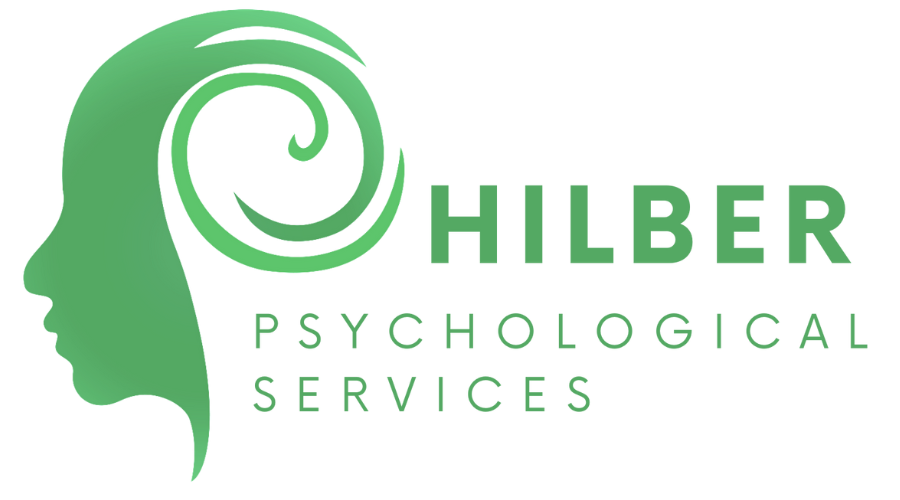Depending on your age, the effects of ADHD can vary. Younger children see more of a struggle with school and sports, where as adults can face difficulties in relationships and other aspects of life. It is important to see a psychologist and get the right diagnosis.
Read More
